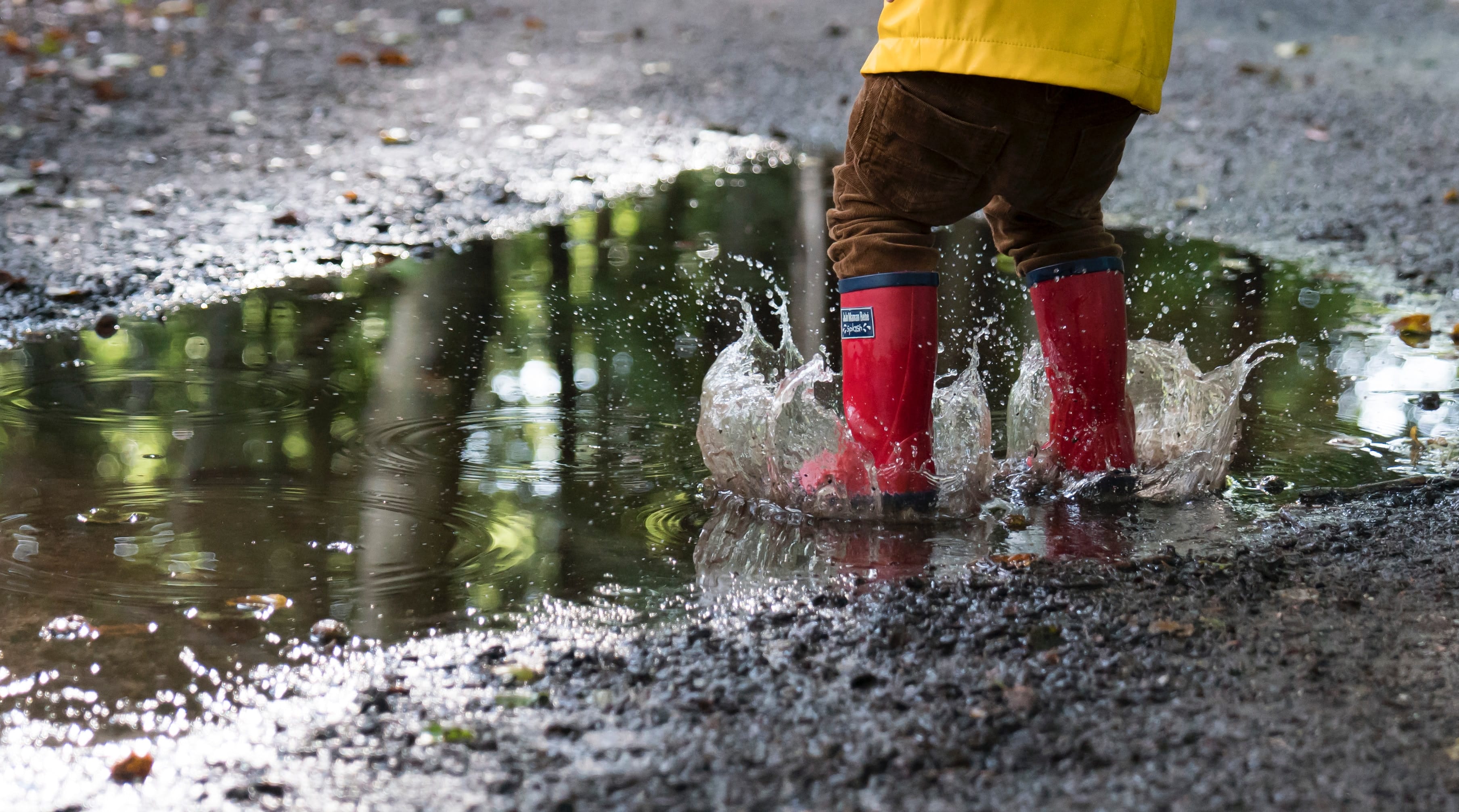International Mud Day
Such a fun day, set forth by the World Forum Foundation.
Since the Pandemic, I’ve been known mostly for my coaching on stress management and caregiver fatigue, but I’m also a play researcher. My dissertation focused on children’s hide and seek play, and I’ve served as a consultant for several parks and city planning committees as they design children’s play spaces. I’m a huge proponent of natural play areas for children, and mud is an integral component of that.
Outdoor play is associated with healthy cognitive, physical, and social-emotional development.
Mud Day was developed to let children know that it’s ok to get messy. In fact, messy free play boosts all levels of healthy development, including creativity. It’s good for adults, too.
Read on to learn how to create your own Mud Day!
Coaching packages big and small
If you're ready to change how you manage change, we can work together to develop the plan and package that's right for you.
Ideas for Mud Day
During the height of the pandemic, I posted several ideas for outdoor play on my blog, for both young children and teens. It’s easy to add a mud or messy play element to any of those ideas. No mud, you can improvise. When I worked in educational administration, we used chocolate pudding on a tarp as the “mud pit” for a tug of war.
Mud Play usually erupts in a cascade of giggles
Check out these resources for more ideas on how to celebrate Mud Day, and drop some ideas in the comments below.
Not ready to dive in yet? No problem!
Subscribe to my newsletter to receive regular doses of inspiration. No spam, ever. Promise.








